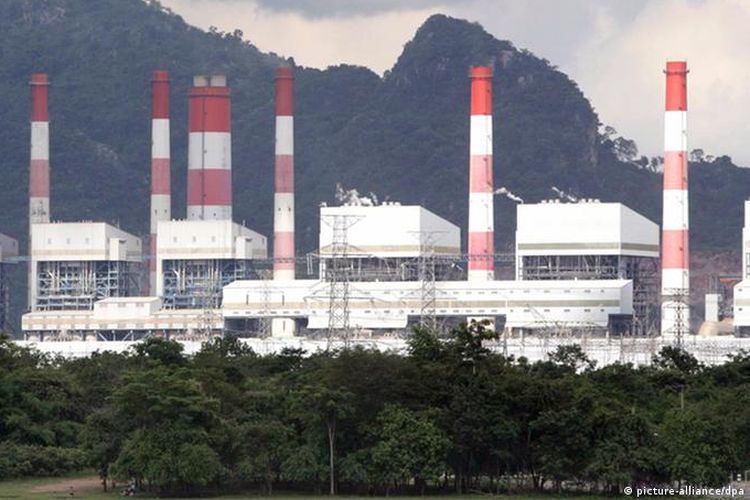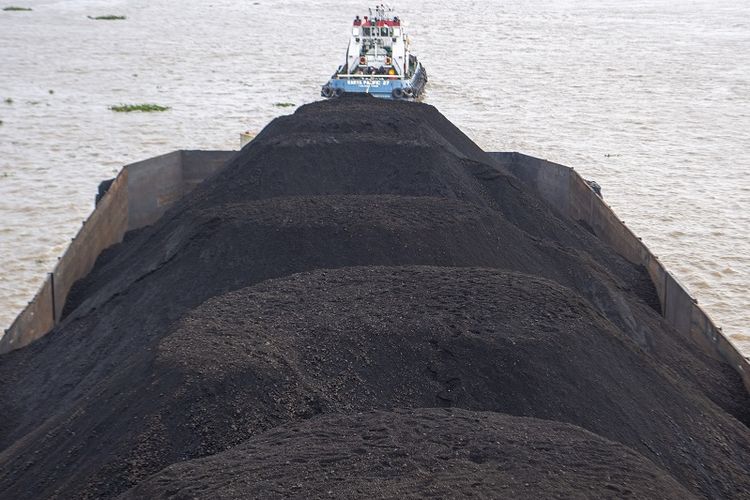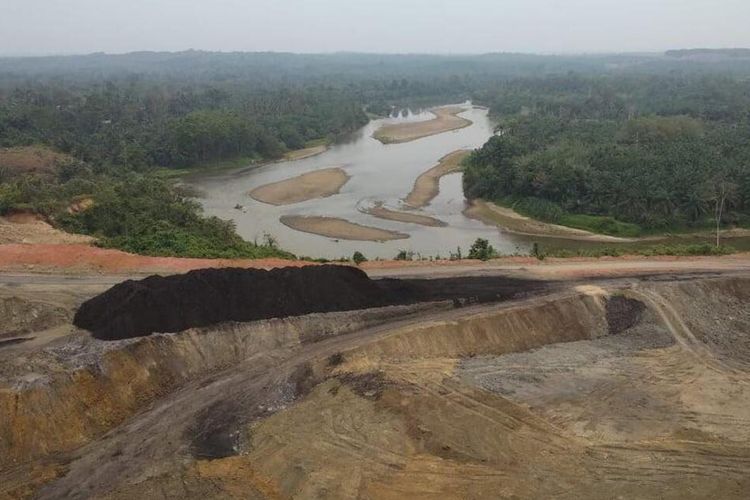
KOMPAS.com - After the European Union became a "strategic partner" of the Association of Southeast Asian Nations (ASEAN) bloc in December 2020, both blocs pledged to make climate change policy a key area of cooperation.
The EU, already the largest provider of development assistance to the ASEAN region, has committed millions of euros to various environmental programs.
This includes €5 million ($5.86 million) to the ASEAN Smart Green Cities initiative and another €5 million towards a new means of preventing deforestation, called the Forest Law Enforcement, Governance and Trade in ASEAN.
Along with multilateral assistance, the EU also works with individual ASEAN member states on eco-friendly policies like Thailand's Bio-Circular-Green Economic Model and Singapore's Green Plan 2030.
For years, the EU has been working on climate action in Southeast Asia by organizing dialogues and technical assistance projects. Igor Driesmans, the EU's ASEAN ambassador recently said the two blocs would soon start a "dedicated dialogue" on clean energy transition.
Also read: Massive Blast Occurs at Indonesia's West Java Oil Refinery
However, Brussels faces an uphill struggle to turn around the region's environmental policy.
"The EU has been somewhat proactive in engaging with Southeast Asia on tackling climate change, but overall Southeast Asia is going in the wrong direction in many areas on climate change," Joshua Kurlantzick, senior fellow for Southeast Asia at the Council on Foreign Relations, told DW.
Five ASEAN states were among the fifteen countries most affected by climate change between 1999–2018, according to the Climate Risk Index 2020.
Southeast Asia's coal-powered economies
As a fast-developing region, where economic growth, urbanization and domestic consumption rates are expected to spike in the coming decades, Southeast Asia's energy demand is projected to grow 60% by 2040.
This will contribute to a two-thirds rise in CO2 emissions to almost 2.4 gigatons, according to the Southeast Asia Energy Outlook 2019.
Of the numerous environmental problems facing the region, perhaps the most consequential is the continuing uptake of coal for electricity generation, said Nithi Nesadurai, the regional coordinator of Climate Action Network Southeast Asia.
Also read: Indonesia's Pertamina Commits to Reduce Fuel, LPG Imports
"This is contributing to rising emissions and does not augur well for the region, even as the share of renewable energy in the energy mix increases at marginal levels,” he told DW.










































